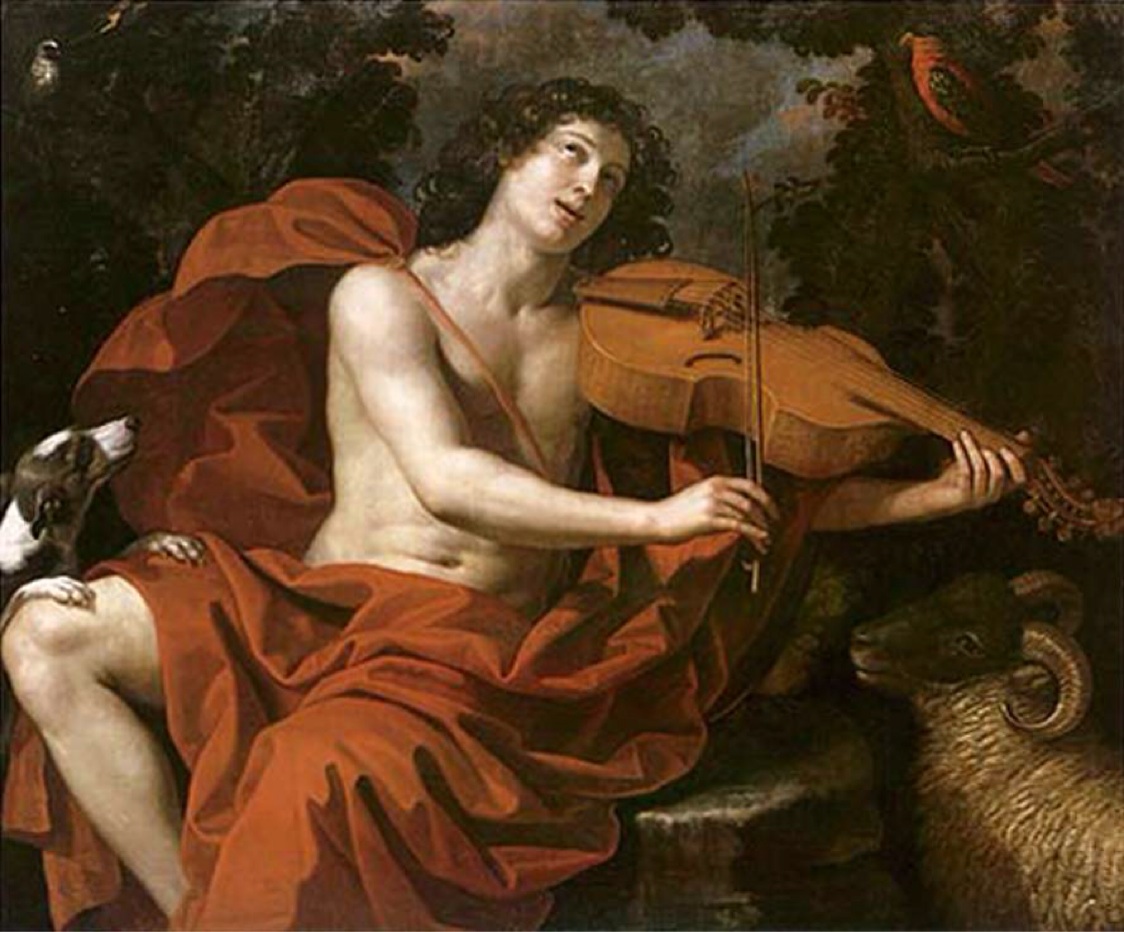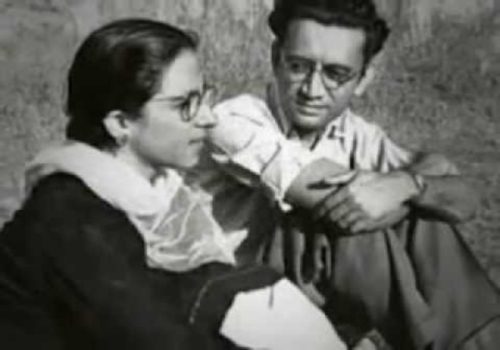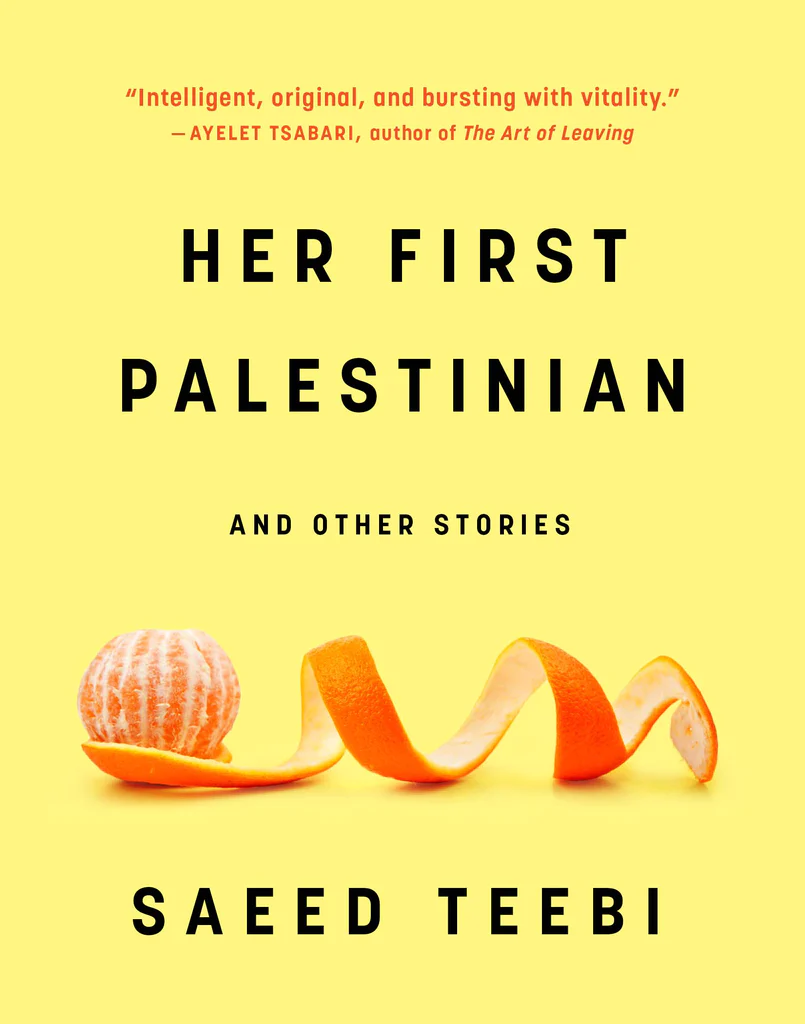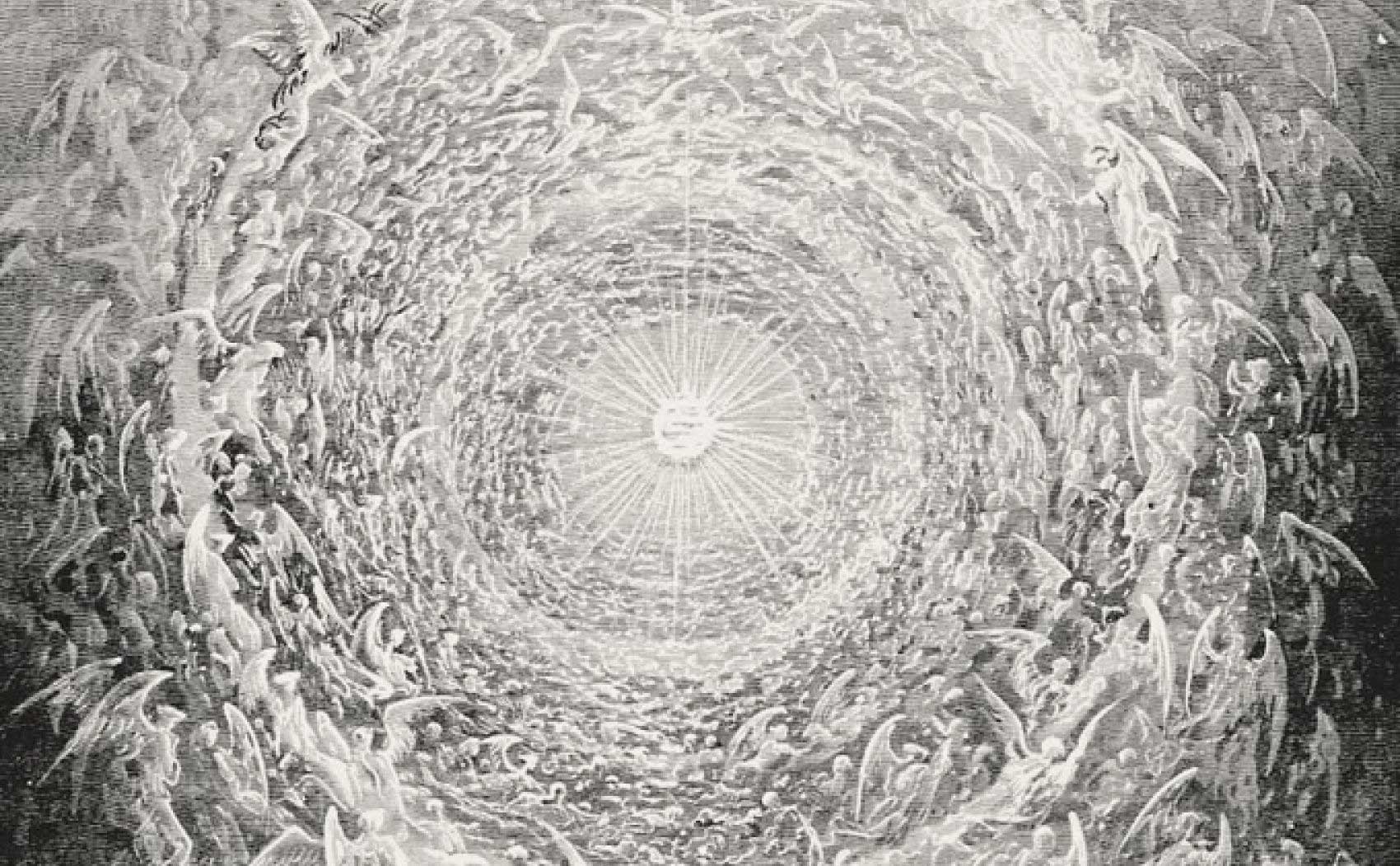
This poem is based on two stories, one set in Canada, the other in India: Alice Munro’s “The Children Stay” (The Love of a Good Woman, Alfred and Knopf), and Saadat Hassan Manto’s “Black Shalwar” (for synopsis of story: https://en.wikipedia.org/wiki/Kali_Salwar). Stories of women’s longing. Stories of what is forfeited and wreaks havoc. A once mother, once actor, challenged by her children who think she ran off with Orpheus (Orphée from the play Eurydice). A prostitute with no work, desperately trying to dress for Muharram, a festival of mourning.
How now, you ask me why I left your dad, and you my pretty ones! That’s right – I was Eurydice, but it was not because of Orphée. He was just another actor like myself. There was another, and when he touched me, I came to life like never before. Or was it death? I don’t know. There was something in the way he said things, or perhaps it was simply because I was bored dead and mistook the first signs of life for love! Once having left, there was no turning back, for when he did, yes, Orphée looked back, and Eurydice turned to stone! But, of course, I told you, didn’t I? It wasn’t Orphée. He was just another actor like myself. Then why did I leave you? My precious ones! Did I not love you enough? I don’t think I understand anymore. After all, they are all gone: Orphée, your dad, And the one who was not Orphée... The only ones left are you and me, and these endless Unanswerable questions!
…………………………..

I need a black silk shalwar for Muharram Khuda Baksh! I already have a white dupatta and kameez, I can dye them black. But I need four-and-a-half yards of black silk. Find it for me, from somewhere, anywhere, I don’t care! I cannot rest, until I have my shalwar for Muharram, Khuda Baksh! I stand all day, staring down this balcony. My smiles are dry and thin! No one comes up, not even when I call, and beckon him, thus, with my eyes. This is Delhi! Men here go home to their wives! I told you, we should not have left Ambala Cantt. where all gora sahibs from the officers’ mess paid thirty rupees for each round. I could even call them haramzade and ulle ke pathe... They only laughed an embarrassed laugh because they did not understand. We will starve in Delhi! There are no customers here except Shankar but he wants everything for nothing, and I am so tired, I give it to him. You have sold the last gold bangle off my wrist. There is nothing more left for me to give you Khuda Baksh! Find me a black shalwar or four-and-a-half yards of black silk. I can arrange for a black dupatta and kameez For Muharram, Khuda Baksh!
………………………………………
Shalwar: Urdu word for trousers worn under a long shirt (kameez)
Dupatta: A long scarf worn over the shalwar and kameez
Khuda Baksh: (“Saved by God”): The name of the man in the story
Gora: Urdu word for “white”
Ambala Cantt: Ambala is a city near Delhi. Cantt: an abbreviation for a military cantonement.
Haramzade: Urdu swear word (“bastard”)
Ullu ke pathe: Urdu swear term (“son of an idiot”)










